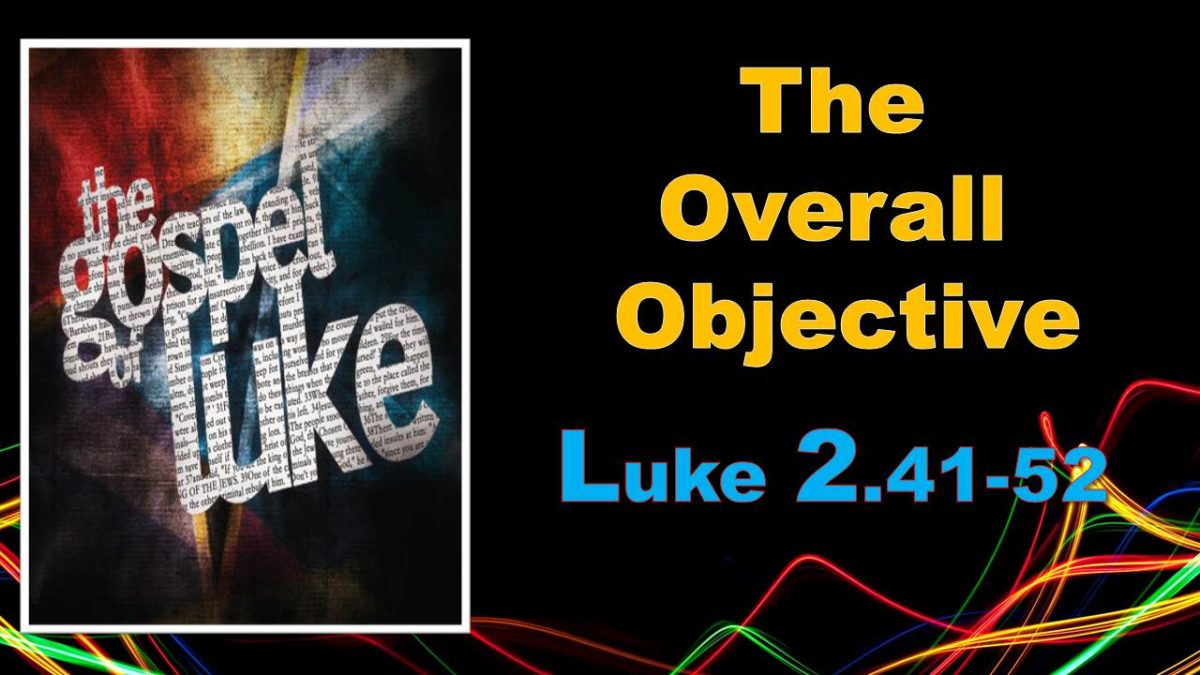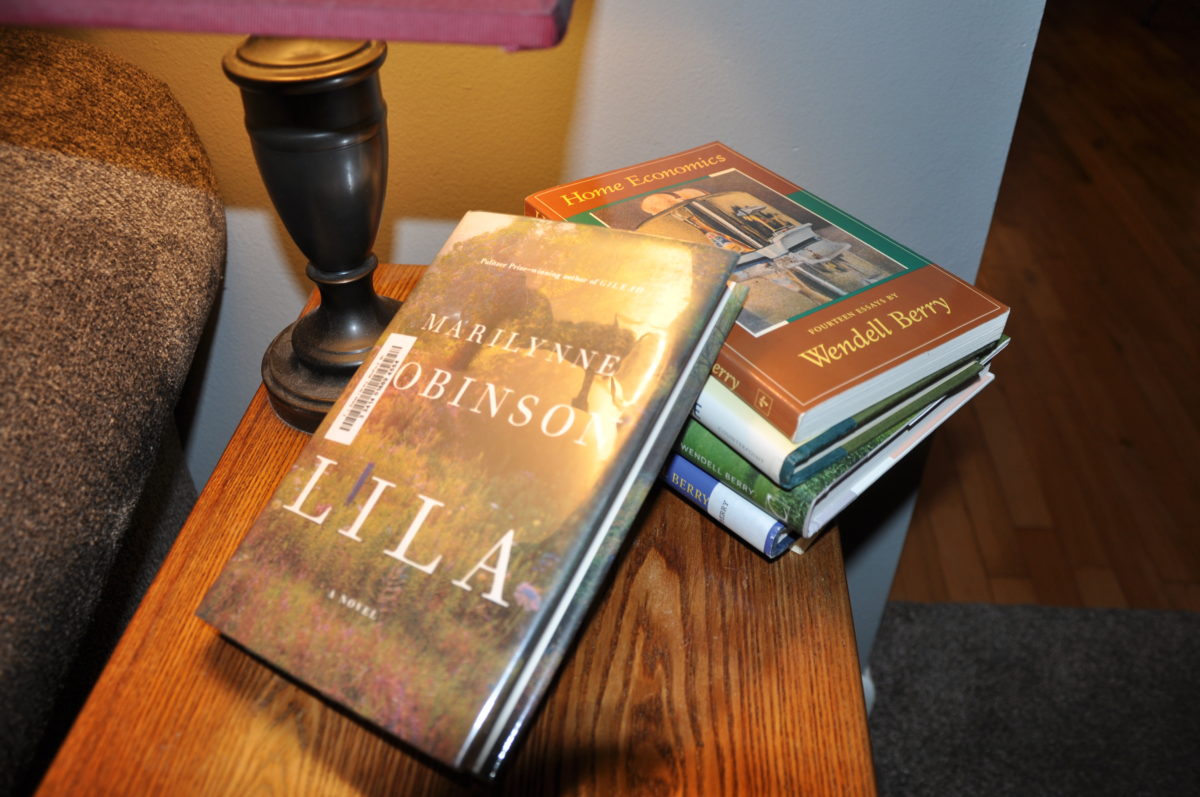Who are some of your favorite epics? You know, the big grand stories with heroes? The Iliad … The Odyssey … Beowulf … The Lord of the Rings … Narnia … Star Wars.
Now, who are the heroes of these epics? Can you list them? (How about Achilles … Odysseus … Beowulf … Aragorn, Bilbo and Frodo … Aslan … and the Skywalkers).
The Bible isn’t fantasy or mythology, but it does tell a story. It’s the big, wonderful, cosmic story of redemption, and I bet you know who the hero is … Jesus, right?
When we come to Luke 3.21-38 we’ve met John the Baptist. He isn’t the Christ, but he’s introducing the Christ: … he who is mightier than I is coming, the strap of whose sandals I am not worthy to untie. He will baptize you with the Holy Spirit and with fire (:16).
That’s going to be Jesus, and in the next passage we meet Jesus. We meet Jesus when He comes to be baptized, not because He needs the “baptism of repentance,” but because He’s identifying with those who do. The Godhead approves: the heavens open (one of those moments, like in Acts 7.57, when mortals see beyond the veil); the Spirit of God descends on Jesus; and, the Father speaks, You are my beloved Son; with you I am well pleased (:22).
Then, Luke does something we moderns wouldn’t do, but something terribly effective: he gives us Jesus’ genealogy. There’s interesting things here. Jesus is linked to David, indicating that Jesus is a kingly figure; Jesus is linked to Abraham, the father of promise; and, Jesus’ linage is taken all the way back to Adam, the son of God.
Here’s the idea: Jesus is the new Adam who is God’s choice to represent all humanity. And, where Adam failed, Jesus will now succeed. He’s here to give humanity a new beginning!
After Jesus’ victory at the cross, the Apostle Paul will develop this theme in Romans 5.12-21 and 1 Corinthians 15.20-28 and 45-49. But, at this point in the epic we don’t yet know what kind of hero Jesus is. Full of humanity as He is, what will happen if you remove every Hunan advantage from Him? Will He really succeed where Adam failed?
And, what happens when Jesus meets God’s Adversary, the Devil, who will give anything, even the kingdoms of this world to which he has laid claim, to dissuade Jesus from going to the cross.
God’s choice to rescue fallen humanity is Jesus.
Do you catch the suspense here? If Jesus can fail (and, I don’t think He can, but think about it for argument’s sake), God’s plan of redemption is ruined. The Devil wins. You and I lose, eternally. The story of redemption doesn’t get written. God isn’t gloried.
That didn’t happen. That won’t happen. And, it’s because of Jesus, our mighty hero, that we read this account in Luke with fascination to see how God the Father brought us to Himself, through His Son, Jesus.
Read through Luke 3.21-38 and answer some questions about what Luke is doing in his account. s
- Have you ever thought of the Bible as an epic story? If you do, what would be the setting, the complication, the climax, and the resolution?
- If you do think of the Bible as the big, wonderful, cosmic story of redemption, how does thinking of Jesus as the hero help you understand the story?
- Where are you in this story? Are you following Jesus the hero, who died to bring you into His kingdom?
- Have you ever thought of Jesus, the new Adam? Read through Paul’s description of Jesus and His work in Romans 5.12-21 and 1 Corinthians 15.20-28 and 45-49. How does this theme help you understand what Jesus came to do?
- Since Jesus is God’s choice of a mighty hero to rescue fallen humanity, what kinds of things do you want to know about Jesus? (Maybe, these are the very questions Luke will answer for us in the remainder of his gospel).
Spend some time in the Gospel of Luke. And have a great week learning about Jesus!



